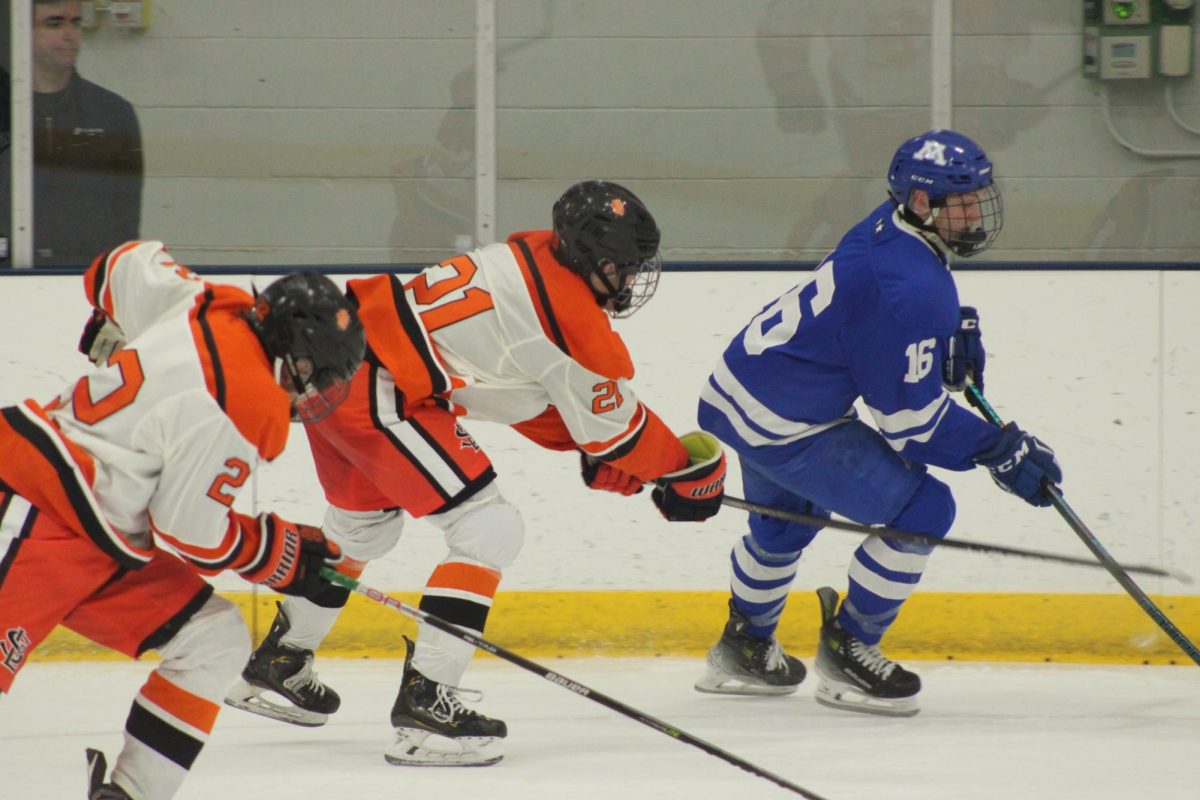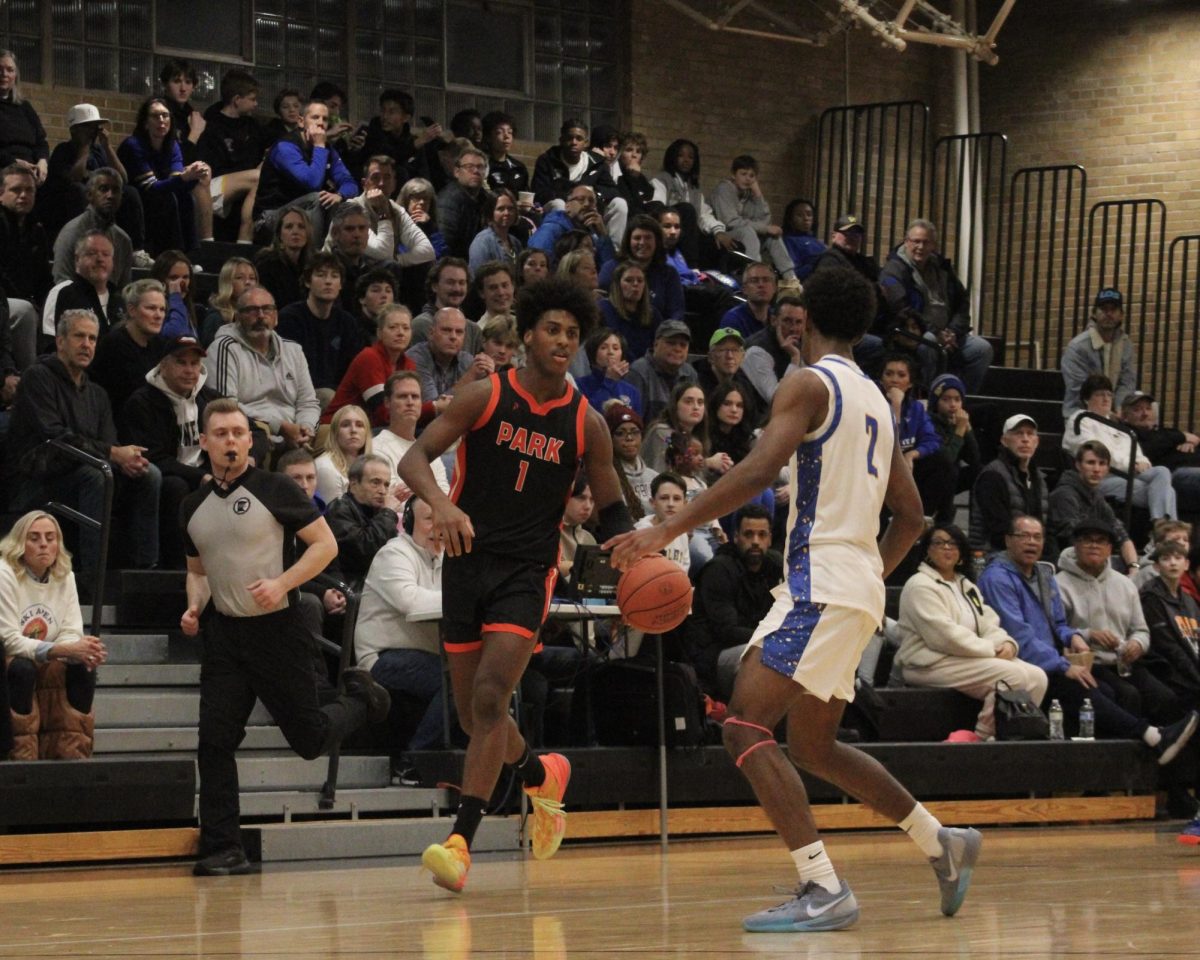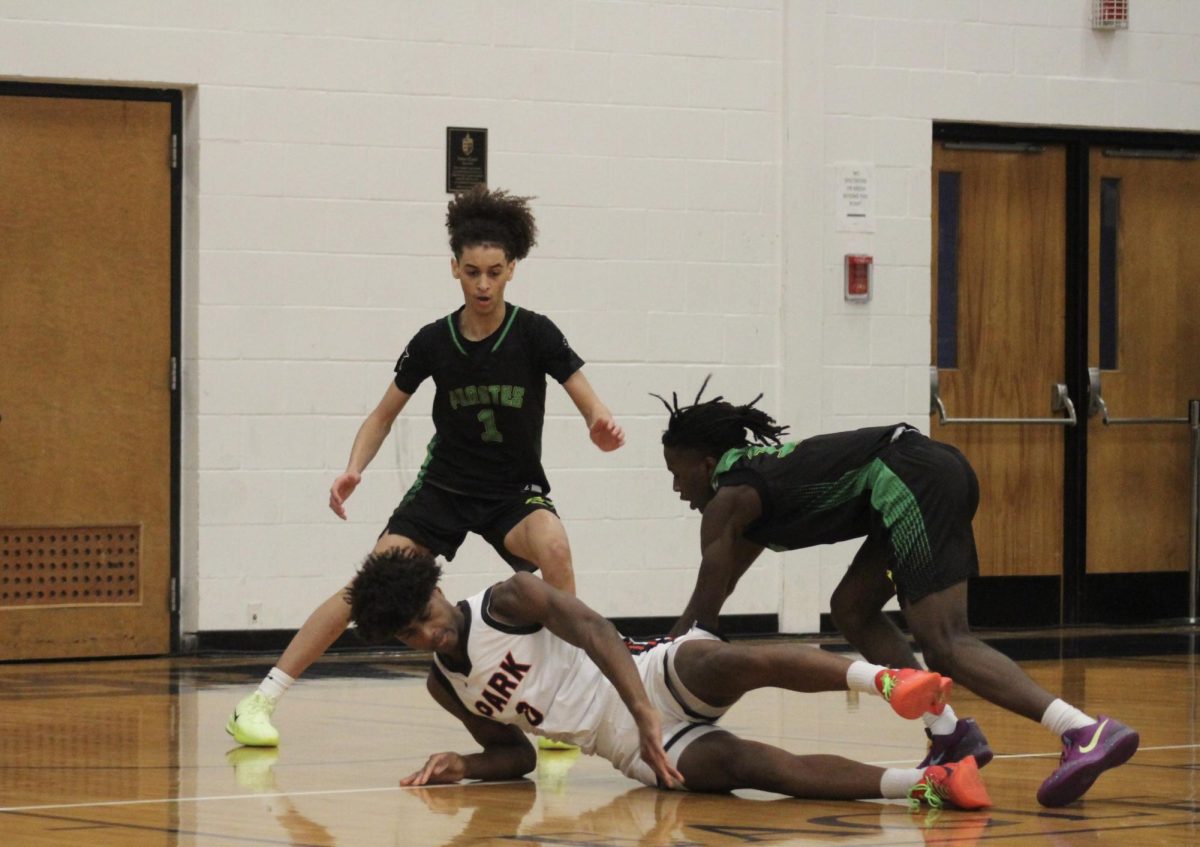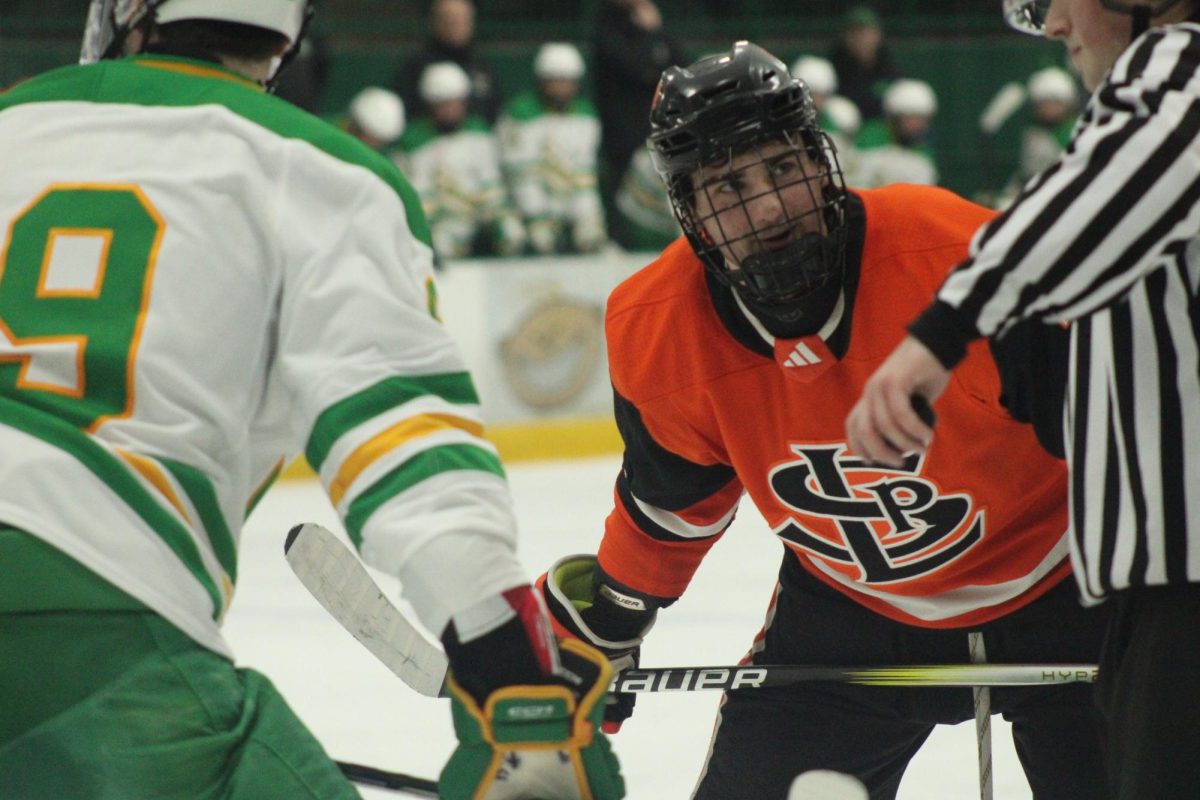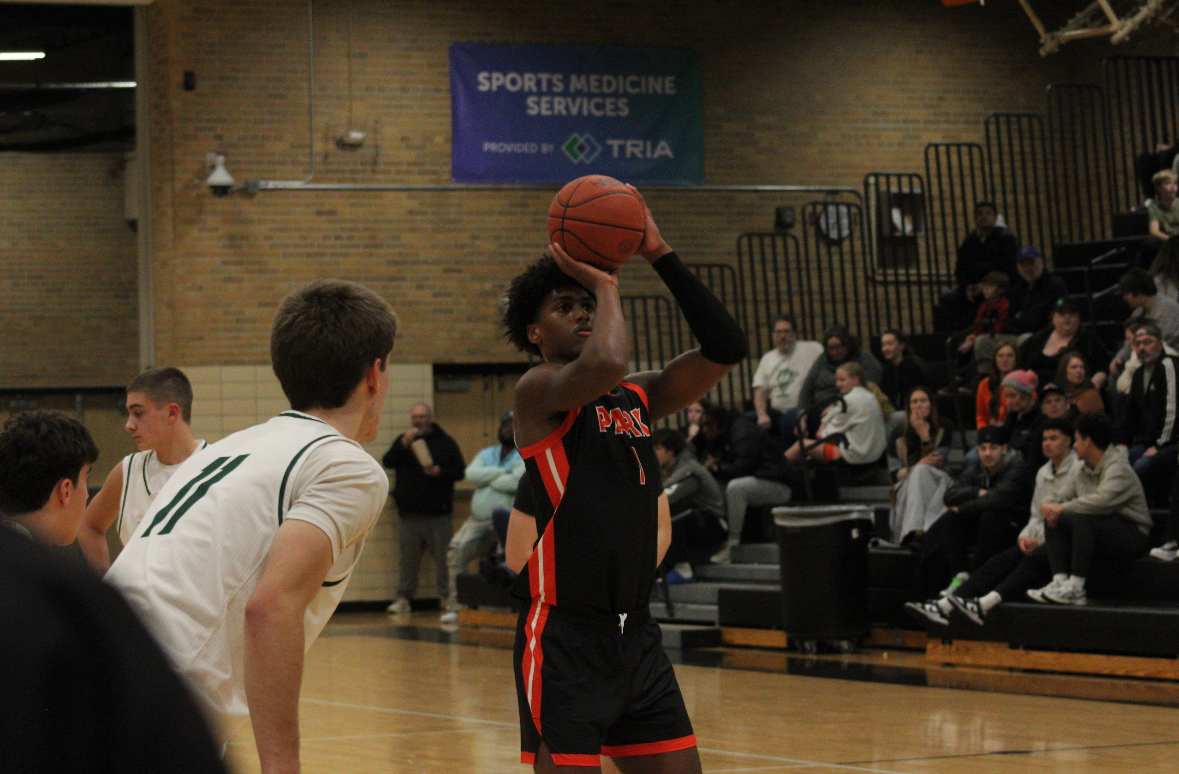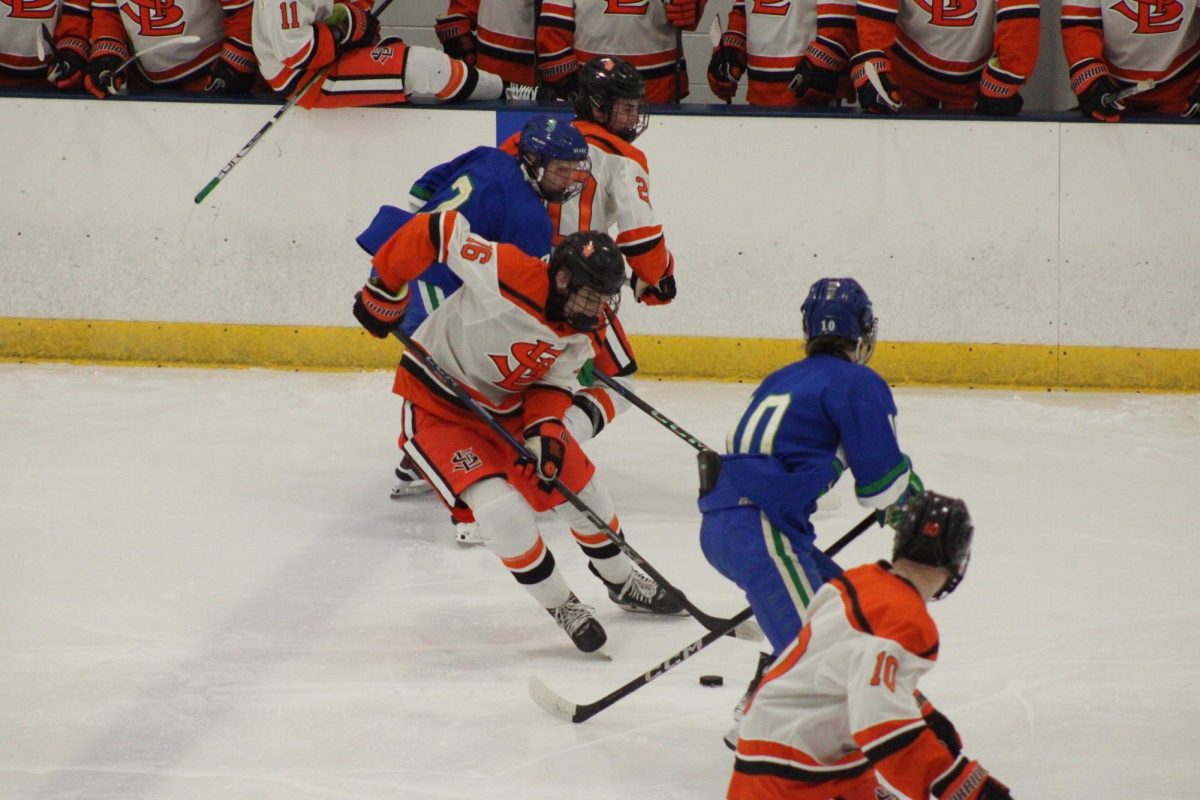Park’s sports budget is fed by the school district’s general fund, which is partitioned out to all areas of the district. According to sports director Andy Ewald, the athletic department receives a cut of this budget and is tasked with spreading it out to each of Park’s athletic programs.
“The funding for our athletic programs comes from the district’s general fund,” Ewald said. “The district sets a budget for us, and those are the dollars we have. We figure out what goes where. A lot of our teams or programs have outside booster clubs that help support the programs with funding in ways that we can’t.”
These booster clubs are ubiquitous in Park sports. Name a team – they have a booster club in charge of funding. Chris Nordstrom, head coach of Park’s cross country team, said his team’s booster club has total control of their finances.
“Our booster club is completely in charge of all of our financial things,” Nordstrom said. “We have four or five (members) on the board of our booster club, along with any parents who want to support and volunteer. Any money we get from fundraising goes to them. They distribute it into our bank accounts, and then whenever we need to purchase anything, they’re able to provide that money.”
Booster clubs can bridge the widening gap between a team and the department’s budget. According to Ewald, funding for sports covers bare-bones operating costs and not much else.
“There’s not much of a budget to say where the money goes,” Ewald said. “By the time you cover coaches, game workers, officials, transportation; that pretty much takes up the whole budget.”
This forces booster clubs to pick up a lot of slack — cross country’s annual fundraiser, the “Geezer Chase,” pays for everything from team snacks to an extra coach. According to Nordstrom, Park’s budget provides four coaches for the combined girls and boys team.
“The funds from the Geezer Chase go to things like our team camp in the summer, another coach to add to our coaching staff, it helps pay for our banquet, team bondings and all the food we bring for kids throughout the season,” Nordstrom said.
Junior Ashley Berry is a captain of the girl’s lacrosse team. She said her team’s booster club relies on athletes volunteering.
“Our main fundraiser is Cub bagging,” Berry said. “(The booster club) sets up times for us two or three times during the year. They also set up youth clinics we use to make money.”
Junior gymnastics captain Abby Oppegaard said her team participates in fundraisers to earn money. Oppegaard said a few, but not all, are set up by the booster club and don’t require a lot of work.
“We did a Chipotle fundraiser and a Parkway Pizza fundraiser, and for those you just have to show up,” Oppegaard said. “But our biggest fundraisers this season have been the Cub bagging events. We did one on Superbowl Sunday that was really successful.”
Because equipment is not covered in Park’s budget, Berry said the team uses money raised in part to cover equipment costs for players through a scholarship program. The remainder of the profit, according to Berry, goes towards pre-season and team bonding activities.
“Last year we started a new scholarship program that gives new players equipment and money to pay for clinics,” Berry said. “We also used funding to pay for our captains practice field and our team dinners.”
Oppegaard said the gymnastics team uses some of their earnings to pay for new mats, which haven’t been provided by Park since non-essential equipment was cut from the budget. She said they also are saving for a team banquet to celebrate the end of the season.
“Our biggest expense of the season is our banquet, but we also have to put in money for things like mats, since a lot of our mats are 20 years old,” Oppegaard said.
Booster clubs are run by parents, and Nordstrom said recruiting parents is a matter of finding people willing to donate their time to the team. During the cross country season, a booster club member must commit a couple of hours every week to club work.
“It’s just word of mouth, getting parents involved who want to get involved via email, the parent meeting and just word of mouth from parents,” Nordstrom said. “For most parents, the overall time commitment is a couple hours per week, maybe more during the season.”
For athletes and parents, fundraising is a time-consuming task, but it is also vital to the success of a team. Berry said she’d like if the school could lighten the workload for booster clubs and athletes.
“It would be nice if we got more funding so then we don’t have to do all the work during the season,” Berry said. “We try to say all of our fundraisers are team bonding, but they get really long and boring. It’s not fun to fundraise. If we had more funding, I think it’d be a lot easier on our program.”



